10 (More) Books Every Social Worker Should Read
There’s nothing like curling up with a good book during the cold winter months. The hardest part is choosing which book. We thought we’d make that a little easier for you by compiling a list of books every social worker should read and reasons why they are worth your time.
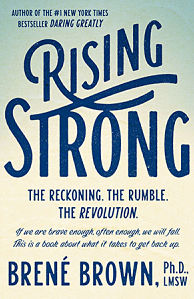
“Rising Strong” by Brené Brown
Synopsis:
Social scientist Brené Brown lets readers in on her groundbreaking work surrounding the secrets to rising up after failure. If you’re not up for reading the whole book, watch Brown’s TED Talk on the subject.
What Social Workers Can Learn:
Draw inspiration from the power of human emotion while learning new tools for dealing with vulnerability and failure.
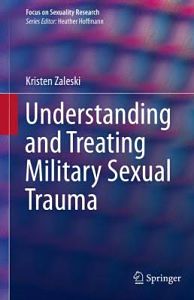
“Understanding and Treating Military Sexual Trauma” by Kristen Zaleski
Synopsis:
MSW@USC Clinical Assistant Professor Kristen Zaleski, MSW ’04, explores the cultural and organizational aspects of military life that influence military sexual trauma (MST) as well as intervention and therapy methods.
What Social Workers Can Learn:
Identify the root causes of MST and barriers to treatment for both women and men. Then, delve into Zaleski’s recommended cutting- edge treatment methods for survivors.
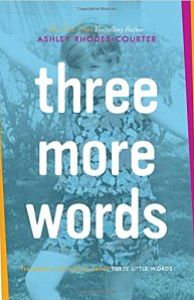
“Three More Words” by Ashley Rhodes-Courter
Synopsis:
In the sequel to The New York Times best-seller, “Three Little Words,” MSW@USC graduate Ashley Rhodes-Courter shares intimate details about her adult life after spending the majority of her childhood in foster care.
What Social Workers Can Learn:
Explore the unique emotional challenges adults who once lived in foster care may have and identify areas of improvement for the system.

Discover MSW@USC
Changes lives with a top-ranked Master of Social Work degree online from USC.
About USC’s online MSW degree | Learn About Our Curriculum | Get Information
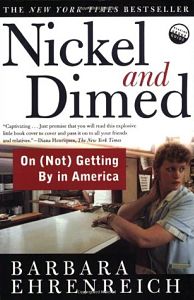
“Nickel and Dimed: On (Not) Getting By in America” by Barbara Ehrenreich
Synopsis:
Follow Barbara Ehrenreich in this critically acclaimed work, as she immerses herself in the working class. Ehrenreich travels the country working jobs that pay minimum wage, and living in the cheapest lodging available to gain insight into America’s working poor.
What Social Workers Can Learn:
Gain a deeper understanding of the challenges that face Americans of low socioeconomic status.
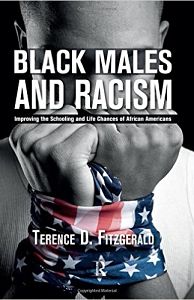
“Black Males and Racism: Improving the School and Life Chances of African Americans” by Terrence D. Fitzgerald
Synopsis:
Terrence Fitzgerald uses empirical data to analyze the effects of racism in the education system and provides solutions for improving the lives of African-American youth.
What Social Workers Can Learn:
Uncover issues black men face as a result of white supremacy in the education system.
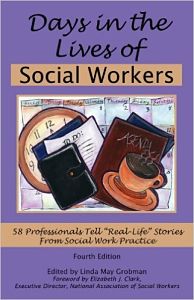
“Days in the Lives of Social Workers: 58 Professionals Tell Real-Life Stories from Social Work Practice” by Linda May Grobman
Synopsis:
This book gives an inside look into the professional lives of 58 individual social workers in fields that include children and families, adults and aging, and community organization.
What Social Workers Can Learn:
Understand and expand your knowledge regarding the unique challenges and rewards associated with every area of the social work profession.

“The Life and Thought of Louis Lowy: Social Work Through the Holocaust” by Lorrie Gardella
Synopsis:
An international social worker, Louis Lowy shares his experiences during the Holocaust and how they shaped his career in social work.
What Social Workers Can Learn:
Gain a unique and inspiring perspective on the social work profession.

“America Anonymous: Eight Addicts in Search of Life” by Benoit Denizet-Lewis
Synopsis:
For almost three years, author Benoit Denizet-Lewis followed eight men and women struggling with addiction. A recovering addict himself, Denizet-Lewis sheds light on the link between addiction and other pressing social problems.
What Social Workers Can Learn:
Uncover the ties between addiction and crime, poverty, child abuse and other social challenges.
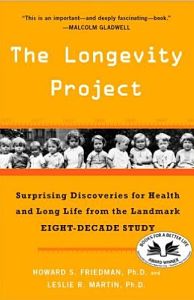
“The Longevity Project: Surprising Discoveries for Health and Long Life from the Landmark Eight-Decade Study” by Howard S. Friedman and Leslie R. Martin
Synopsis:
Based on the findings from the longest study on longevity ever conducted, the Longevity Project focuses on the surprising factors that impact the process of aging.
What Social Workers Can Learn:
Learn about the factors affecting the process of aging through data about adults and healthy aging.
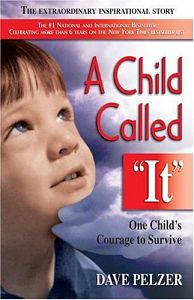
“A Child Called It: One Child’s Courage to Survive” by David Pelzer
Synopsis:
This first-person narrative details one of the most severe child abuse cases in California history. While shocking, it provides insight into the realities of child abuse.
What Social Workers Can Learn:
Explore how children can cope with extreme trauma and the factors that influence their resilience.
For more recommendations, check out our last list of 10 Books Every Social Worker Should Read.


